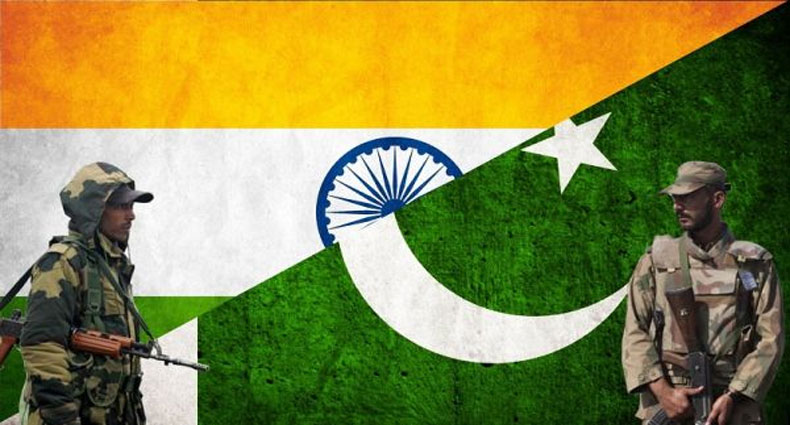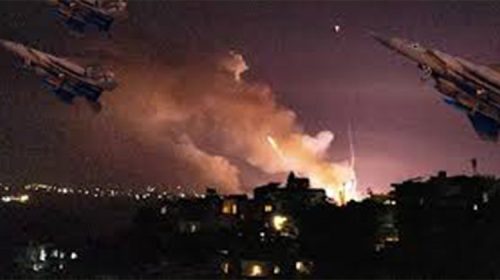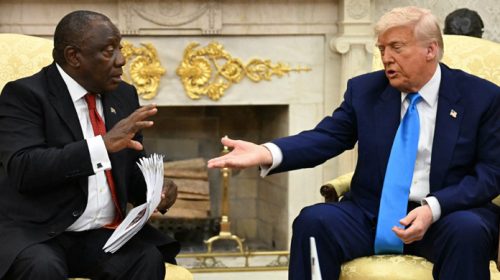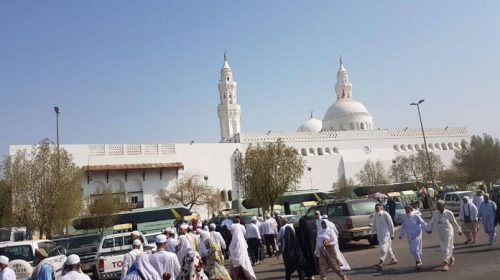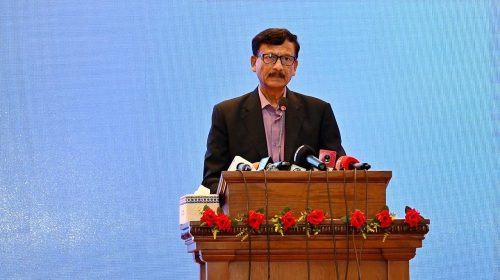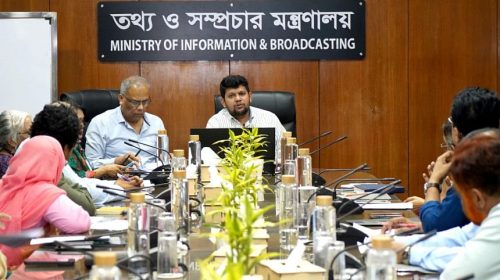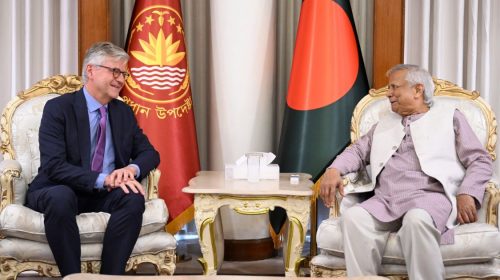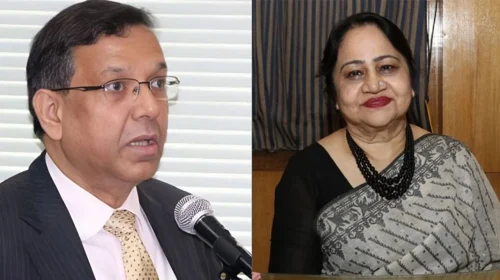A deadly gun attack in the tourist town of Pahalgam in Indian-administered Jammu and Kashmir has reignited tensions across the subcontinent. The assault, which occurred around 3 PM local time on Tuesday, April 22, left at least 26 people dead and many others injured. Most of the victims were tourists, including one foreign national, according to reports.
This has been described as the deadliest attack in Kashmir since the Pulwama bombing in 2019. Unidentified gunmen opened fire indiscriminately in a popular area of Pahalgam. A separatist group called The Resistance Front claimed responsibility, stating that the attack was in protest against the “illegal settlement” of 85,000 outsiders in the region.
Indian police have labeled the incident a terrorist act and blamed “anti-India militants.” Meanwhile, former military and intelligence officials in India have pointed fingers directly at Pakistan, accusing its military establishment of backing the assault. They are calling for a strong and immediate response.
This kind of flashpoint is not new. In 2019, the Pulwama attack that killed 40 Indian paramilitary personnel led to Indian airstrikes in Pakistan’s Balakot region. Pakistan retaliated with its own strikes and shot down an Indian fighter jet, creating a near-war scenario.
Tensions have remained high ever since India revoked Kashmir’s special autonomous status and brought it under direct central rule. This change opened the door for non-residents to purchase land and apply for government jobs in the region, boosting tourism but deepening political and diplomatic rifts, especially with Pakistan.
Analysts suggest the timing of the attack may be significant. Pakistan’s army chief, General Asim Munir, recently made strong statements about Kashmir, and the assault occurred while Indian Prime Minister Narendra Modi was abroad—moves some see as an attempt to attract international attention.
Inside India, public anger and anxiety over security are mounting, particularly with the annual Hindu pilgrimage season approaching. There are growing concerns that more attacks could follow.
According to The Economist, the shadow of conflict is once again looming over Kashmir. As tensions escalate between the nuclear-armed neighbors, the stability of South Asia is increasingly at risk. Experts warn that if diplomatic dialogue fails, the situation could spiral into open conflict.
This attack is not an isolated event—it is the latest eruption of a long-simmering conflict driven by decades of political, territorial, and nationalist friction. With both countries standing firm, even a single misstep could trigger serious consequences for the entire region.

